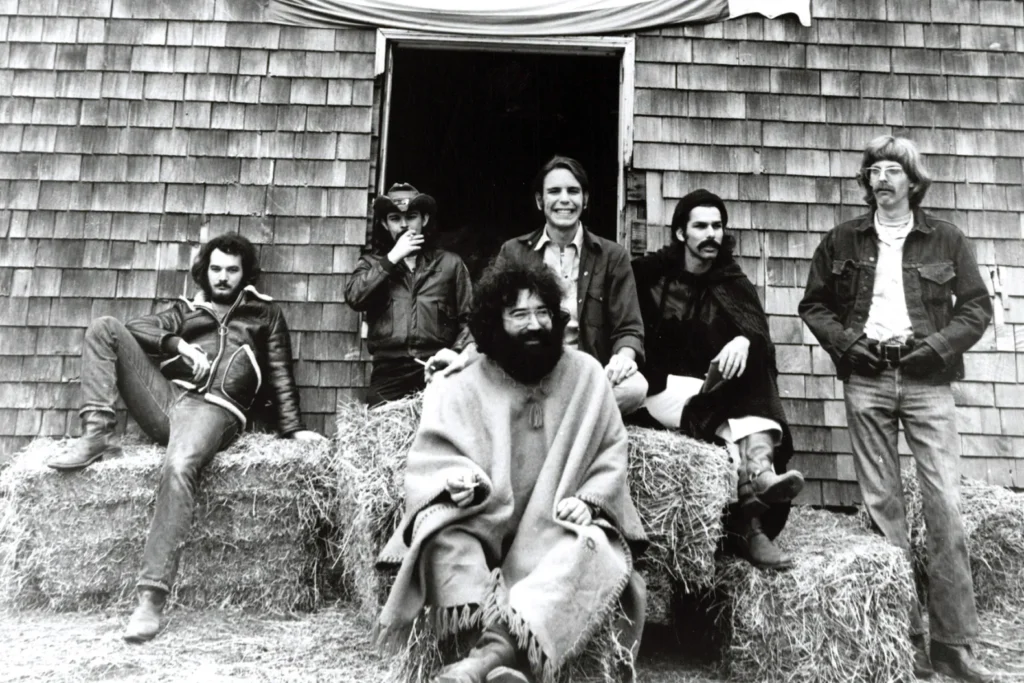 Is purpose-driven marketing still relevant in a post-truth, highly polarized world?
Is purpose-driven marketing still relevant in a post-truth, highly polarized world?
The Drum ran an interesting piece recently quoting Procter & Gamble’s Chief Brand Officer, Mark Pritchard, stating “that some companies are over-leveraging purpose marketing at the expense of brand growth – and that it will come back to bite them amid inflation and the cost-of-living crisis.”
Pritchard’s main point was that brands need to focus on fundamentals in this difficult period of inflation and economic uncertainty. Margins must be protected while brands focus on growth.
I never believed that brand growth and purpose marketing were at odds. Businesses jumped on the do-gooder, politically correct bandwagon to build market share, not out of the goodness of their hearts. Purpose-driven marketing was just another tool to telegraph brand values so that your brand would stand out.
Still, I agree with Pritchard that purpose-driven marketing should be reexamined in our current environment. And reading between the lines, I think what he is really saying is “choose your cause with great caution or don’t choose a cause at all.” And I don’t think it’s due to the economy. It’s the social climate that’s turned nasty.
It should be clear by now that we are living in two different Americas, each with its own set of “facts” and strongly held beliefs. It’s been true since our nation’s founding and probably never more glaring now since the Civil War.
How do brands get behind causes in an environment when they are likely to alienate anywhere from 30% to 60% or more of their targets? American society has regressed to the point that 34% of Americans now say violence against government is sometimes justified. (In case you’re wondering, Republicans outnumber Democrats two to one in this belief, and data from the Anti-Defamation League indicate that 75% of violence committed in the past decade can be attributed to right wing extremists with just 4% coming from the left.)
It was just four years ago that Nike ran ads featuring Colin Kaepernick, the former NFL player who was run out of the game for kneeling during the national anthem to protest racial inequality. The campaign was controversial – Nike was dropped by a least one university and there were protests where people burned their Nike shoes – but Nike’s stock went up and the campaign was considered to be successful.
I wonder what would happen if such a controversial ad ran today. Maybe it would inspire some random racist to run into a supermarket located in a predominantly African American neighborhood and start shooting black people. Oh wait…that already happened.
Pick an issue. Whether it’s diversity, the environment, human rights, social justice, LGBT rights, support for the arts, women’s rights, solving homelessness or so many others, it’s getting harder and harder to find anything Americans can agree on.
Perhaps we’re at the point where we need to create brands specifically for red states and blue states. In Missouri, you might find “Tide Traditional” with its promise of whiter clothes for white people. Just across the state line in Chicago you’d find “Tide Woke,” the only laundry detergent that will wake up your bright colors to celebrate the brightness of our diversity.
I’ve always been a strong advocate of brands taking a stand for the very purpose stated earlier: Adopting a cause can inject emotion into brand marketing, helping brands differentiate themselves by transcending their rational features and benefits. But it’s hard to ignore what’s going on around us. Is purpose-driven marketing still viable when we are in the grips of our national dysfunction?
The Supreme Court just handed down a decision that guts the EPA. While some may think that the end of the world just got a lot closer, many are cheering. The Wall Street Journal was ecstatic. Is your public dedication to sustainability, admirable as it is, really going to be all that effective for a mainstream brand?
The attorney general of Texas just announced that he’d be happy to enforce “anti-sodomy” laws. Clarence Thomas’s concurring opinion case overturning Roe stated that the same rationale can be applied to overturning cases concerning the right to contraception, same-sex consensual relations and same-sex marriage. Are you willing to watch large chunks of your business disappear by promoting diversity?
I think that this is what Pritchard means by “over-leveraging purpose marketing at the expense of brand growth.”
Despite my exaggeration to make a point here, it should be clear that not all purpose-driven marketing efforts are equal. It’s unlikely that Dove alienated all the skinny model types in the world or anyone else with “Real Beauty.” And the troglodyte who doesn’t want to see “fat women on billboards” (I’m sorry to say that I heard men say this more than once) was never going to buy your product in the first place. The same goes for the Always “Like a Girl” campaign from P&G, which also happened to be perfectly aligned with the product offering.
Everyone loves cause-related marketing when they’re aligned with the cause they’re promoting. But we should not be marketing to ourselves. With some exceptions, we must honor the beliefs of our customers whether we agree with them or not.
Of course, brands can always make the intentional choice to not sell to those with whom they disagree. If shareholders are willing to sacrifice business to fight for a cause, God bless them.
The next few years will be dark time. It might be a good idea to fight like hell for the causes you believe in on a personal level and leave brands out of it.



